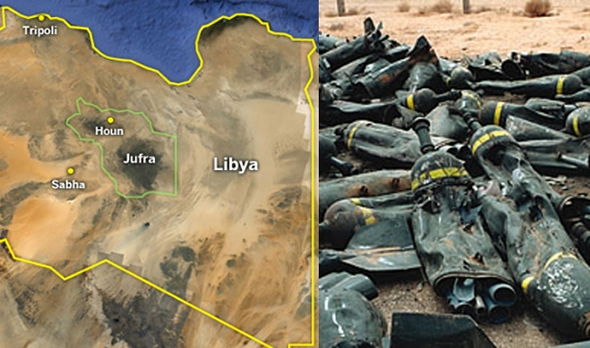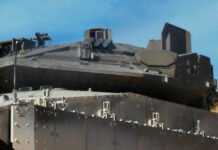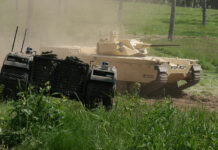
The Obama administration is investigating whether Iran supplied the Libyan government of Moammar Gadhafi with hundreds of special artillery shells for chemical weapons that Libya kept secret for decades, the iWatch news and the Washington Post reported today.
The shells, which Libya filled with mustard chemical warfare agent, were uncovered in recent weeks by revolutionary fighters at two sites in central Libya, reportedly Houn and Sabha. Both are under heavy guard and round-the-clock drone surveillance, U.S. and Libyan officials said. A U.S. official with access to classified information confirmed there were “serious concerns” that Iran had provided the shells, albeit some years ago.

During the recent civil conflict, some foreign powers and Libyan rebels worried that Gadhafi might use chemical weapons, but they were only aware of a previously-declared stockpile of mustard agent in bulk storage at a remote desert site. They were unaware of the filled artillery shells, which posed a much greater threat. Gadhafi’s government was “sitting on stuff that was not secure, and the world did not know about it,” a third U.S. official said. “There were no seals and no inventories” by international inspectors, the official added.
This newly-discovered stockpile will now need to be protected from theft by militia groups or others in the politically unsettled nation. Disposal of the munitions poses an additional challenge for Libya’s new government and allied Western powers, since the chemical-filled shells cannot be readily relocated, and may take as long as a year to destroy in place, according to some estimates.
The stockpile’s existence violated Gadhafi’s promises in 2004 to the United States, Britain, and the United Nations to declare and begin destruction of all of Libya’s chemical arms, and raises new questions about the ability of the world’s most powerful nations to police such pledges in tightly-closed societies.
Read more on iWatch News












